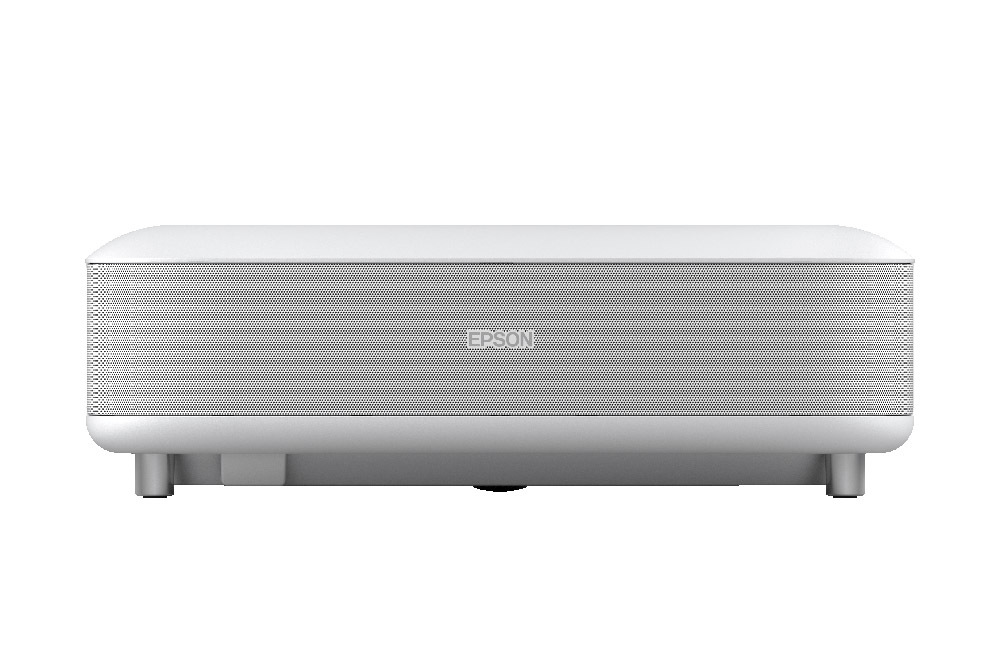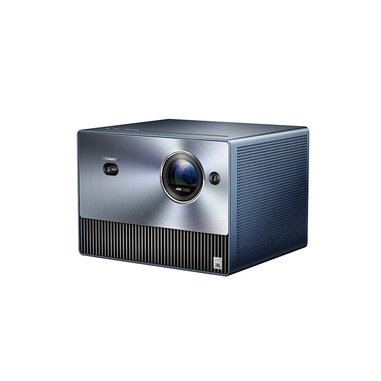Laser vs. LED vs. LCD Projectors: A Comprehensive Comparison
Introduction
The projector market has seen a surge in popularity in recent years, thanks to advancements in technology and decreasing prices. With a wide range of options available, choosing the right projector can be overwhelming. One of the most significant factors to consider is the underlying technology: laser, LED, or LCD. Each technology offers unique advantages and disadvantages, making it essential to understand the differences before making a purchase. In this comprehensive guide, we will explore the key characteristics of laser, LED, and LCD projectors, helping you make an informed decision.
Understanding Projector Technologies
LCD (Liquid Crystal Display) Projectors
LCD projectors have been around for many years and have become a staple in home theaters and business presentations. They work by passing light through liquid crystals to create images.
- Advantages:
- Affordable: LCD projectors are generally the most budget-friendly option.
- Wide color gamut: They can produce a wide range of colors.
- Mature technology: LCD technology is well-established, resulting in reliable and proven products.
- Disadvantages:
- Lower contrast ratio compared to laser and LED projectors.
- Shorter lamp life, requiring frequent replacements.
- Can be susceptible to screen door effect, especially at shorter throw distances.
LED (Light-Emitting Diode) Projectors
LED projectors use light-emitting diodes as their light source. They offer a more energy-efficient and long-lasting alternative to traditional lamps.
- Advantages:
- Long lifespan: LED light sources can last for tens of thousands of hours.
- Instant on/off: LED projectors turn on instantly without a warm-up period.
- Energy efficient: LED projectors consume less power than traditional lamp-based projectors.
- Disadvantages:
- Can be limited in brightness compared to laser projectors.
- Color accuracy may not be as precise as laser projectors.
Laser Projectors
Laser projectors utilize laser diodes to produce light. They offer superior performance in terms of brightness, color accuracy, and lifespan.
- Advantages:
- Extremely long lifespan: Laser projectors can last up to 20,000 hours or more.
- High brightness: Laser projectors can produce incredibly bright images, making them suitable for both home theaters and large venues.
- Excellent color accuracy: Laser projectors offer a wide color gamut and accurate color reproduction.
- No lamp replacement: Laser projectors do not require lamp replacements, reducing maintenance costs.
- Disadvantages:
- Higher cost: Laser projectors are generally more expensive than LCD and LED projectors.
- Rainbow effect: Some laser projectors may exhibit a rainbow effect, which can be noticeable in certain viewing conditions.
Choosing the Right Projector
The best projector technology for you will depend on your specific needs and budget. Consider the following factors when making your decision:
- Brightness: If you plan to use your projector in a bright room or for large venues, a high-brightness laser projector is ideal.
- Color accuracy: For critical viewing, such as watching movies or editing photos, a projector with excellent color accuracy is essential.
- Lifespan: If you want a projector that will last for many years without requiring maintenance, a laser projector is the way to go.
- Budget: LCD projectors are the most affordable option, while laser projectors are the most expensive.
- Room size: The size of your room will determine the required throw distance and brightness.
Conclusion
Each projector technology offers unique advantages and disadvantages. LCD projectors are budget-friendly and offer a wide color gamut, while LED projectors provide long lifespan and energy efficiency. Laser projectors offer superior performance in terms of brightness, color accuracy, and lifespan but come at a higher cost.
Ultimately, the best projector for you will depend on your individual needs and preferences. By carefully considering the factors discussed in this guide, you can make an informed decision and select a projector that will provide years of enjoyment.
Additional Considerations
- Contrast ratio: The contrast ratio measures the difference between the brightest and darkest parts of an image. A higher contrast ratio results in deeper blacks and more vibrant colors.
- Resolution: Higher resolutions, such as 4K, offer sharper and more detailed images.
- Connectivity: Ensure the projector has the necessary connections for your devices (HDMI, VGA, USB, etc.).
- Noise level: A quieter projector is ideal for home theater use.
- Smart features: Some projectors offer built-in smart features, such as streaming apps and voice assistants.
By understanding the key differences between laser, LED, and LCD projectors, you can make an informed decision and select the perfect projector for your home theater or business presentation.



